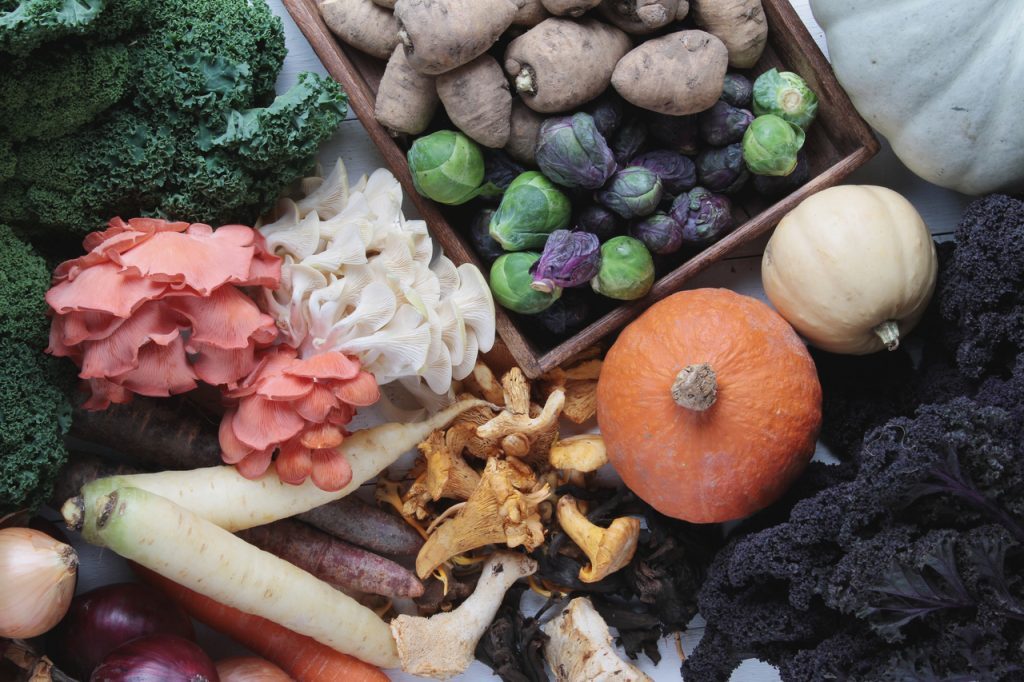Cruciferous Vegetables: Why should they be a staple in your diet?

We all know that vegetables are good for us, but are all vegetables created equal? When it comes to the different types of vegetables there is one group of vegetables that you can’t beat. These are the cruciferous vegetables.
Cruciferous vegetables are a part of the Brassica family and these vegetables are so nutritious. These vegetables are disease-fighting, gut-healing, blood-sugar regulating, and vitamin packed. Which vegetables are cruciferous, and what makes them so healthy? Read below to find out.
Some of TLC The Littleton Clinic’s favorite cruciferous vegetables are…
- Kale
- Cauliflower
- Brussel Sprouts
- Broccoli
- Bok Choy
- Collard Greens
- Cabbage
- Turnips
- Arugula
*For a larger list of cruciferous vegetables follow the link below:
https://www.gardeningknowhow.com/edible/vegetables/vgen/cruciferous-vegetables.ht
Health Benefits of Cruciferous Vegetables
- Cancer-fighting: Cruciferous veggies have been shown to reduce the risk of many common cancers. Researchers believe a compound found in cruciferous veggies, called glucosinolates, may be the key to their cancer-fighting capabilities. These compounds have been found to prevent cancer growth and development by protecting DNA, initiating death of damaged cells, inhibiting tumor formation and triggering antioxidant activity.
- Regulating Blood Sugar: Cruciferous vegetables are not only cancer-fighting, but they can help regulate blood sugar. A potent antioxidant found in cruciferous vegetables called alpha-lipoic acid (ALA) has been shown to lower blood glucose levels.
- Gut Health: Did you know that your diet plays a key role in your gut health? Consuming a healthy diet high in cruciferous vegetables can support your microbiome. Beyond providing fiber cruciferous vegetables offer specific gut-friendly benefits that boost the immune system.
- Heart Health: Leafy green consumption has been shown to decrease your risk of cardiovascular disease. This may because cruciferous vegetables are a great source of vitamin K. Vitamin K plays a crucial role in bone and heart health.
- Brain Health: Cruciferous vegetables are high B vitamins. B Vitamins are major players when it comes to brain function. In fact, low levels of B vitamins have been associated with learning and memory dysfunction.













